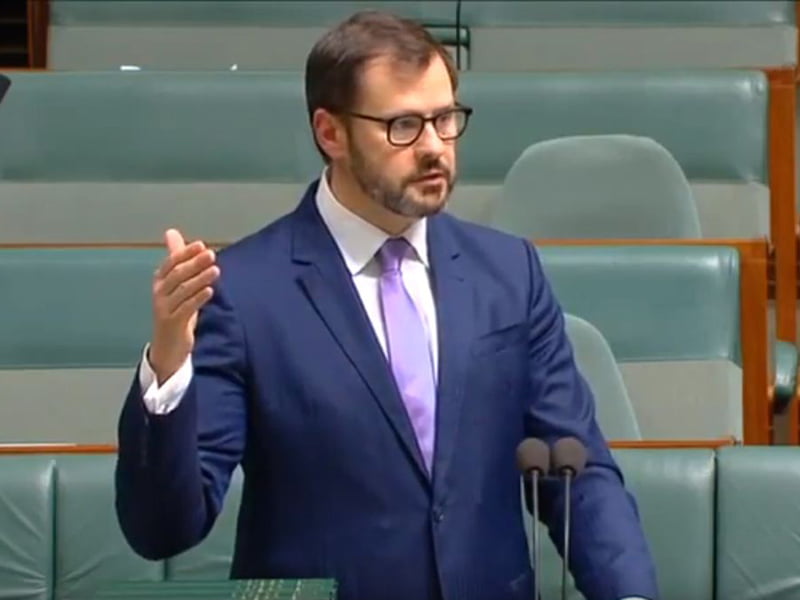The federal opposition has “very deep concerns” over how the government is addressing the skills gap in the Australian tech sector and has the labelled changes to the visa scheme as an “outrage”.
Labor has confirmed it will establish a future of work portfolio if it wins the next federal election and is pressuring the government to better address the dire skills gap in the ICT sector.
Speaking in Parliament Labor’s shadow minister for the digital economy and future of work Ed Husic said the shortfall of workers is about 10,000 people in tech, and this is “holding back the digital economy”.

Technical skills were critical across the economy to enable businesses to take an idea or concept and build it into a real product or service in the digital economy.
He said the government’s cuts to education and visa changes are stifling the growth of the local tech sector.
“If the government isn’t making the investment, isn’t making the changes necessary to skill people up, and then suddenly makes these rushed changes that they’re doing, then they basically put the handbrake on particular sectors like the tech sector from getting the job done,” Mr Husic said.
He also attacked the government for cutting funding to educational institutions.
“Bizarrely, we have a government cutting investment in schools, in TAFEs and in universities at a time when we need greater generation of talent.
“In this environment last year the government suddenly decided that it will cut, through these rushed changes to the 457 visa arrangements, the only other pathway for getting talent into the local sector.”
“It is very hard to see much evidence that a lot is being done to provide young people in this country with a pathway into the sector.”
He said this lack of support coupled with the cutting of the 457 visa last year has greatly restricted the tech sector’s ability to find the talent it needs to grow.
“If we’re not doing enough to generate the skills to fill those jobs and then we make changes to the way in which these firms … fill those roles and we suddenly turn off the tap, what’s supposed to happen?
“Are these firms supposed to be told: ‘we just expect you to wither on the vine. We expect you to be choked of talent. If you can’t find anyone locally, tough’? This is exactly what happened last year,” Mr Husic said.
“We cannot have a situation where the government cuts funds to skill-up Australians, does not provide enough support in schools, vocational education and university education and then suddenly decides it will cut off any other source of talent from overseas to be brought into these firms,
“The government then tells the firms to effectively shut up and not complain about it and to hire more locals, when it is not doing the heavy-lifting in terms of skills development. It’s an outrage. You can understand why people are upset.”
The skills was listed as the biggest issue facing the tech and startup sector in last year’s StartupAus Crossroads report. The report recommended that the government expand the eligible occupations for worker visas to include digital skills and more startup-friendly jobs.
The opposition has previously announced policies to address these issues, including the SMART visa which was unveiled early last year. The Science, Medicine, Academia, Research and Technology visa would be targeted at world-leaders in their area with an aim to plugging the tech skills gap.
It would be aimed to universities, research institutions, medical, scientific and advanced technology industries and companies and public research agencies to “bring the best and brightest here”. The visa would also offer a pathway to permanent residency, another issue concerning the tech sector.
In his speech, Mr Husic said the government’s focus on innovation is superficial.
“The government believes innovation is generated one report at a time, rather than through long-term investments in people that will ensure our country is a smarter country and a country that does things smarter, has a much more efficient economy and generates long-term jobs. That is not the stuff of press releases; it’s the stuff of policy,” he said.
“This is where we need to invest real dollars long-term to build up local skills and determine how we can bring in people to help work with local talent to build up the broader sector. That’s what’s completely missing from the government’s agenda.”
Do you know more? Contact James Riley via Email.

